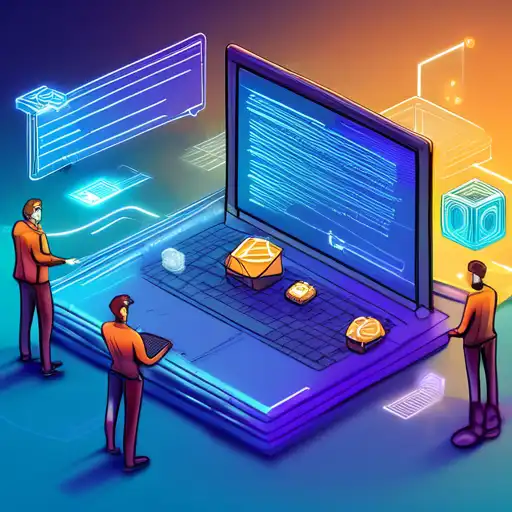Introduction to Smart Contracts
Smart contracts represent a pivotal innovation in blockchain technology, automating agreements without the need for intermediaries. These digital contracts execute transactions automatically when predetermined conditions are met, offering a blend of security, transparency, and efficiency.
How Smart Contracts Work
At their core, smart contracts are self-executing contracts with the terms of the agreement directly written into lines of code. They run on a blockchain network, ensuring that once deployed, they cannot be altered, providing a tamper-proof environment for all parties involved.
Benefits of Smart Contracts
- Trust and Transparency: All parties can view the contract terms, and the execution is automatic, reducing the potential for disputes.
- Security: Blockchain's decentralized nature makes smart contracts secure against hacking and fraud.
- Efficiency: By automating processes, smart contracts eliminate the need for intermediaries, speeding up transactions and reducing costs.
Applications of Smart Contracts
Smart contracts find applications across various sectors, including finance, real estate, healthcare, and more. For instance, in the finance sector, they can automate payments and claims, while in real estate, they can streamline property sales and rentals.
Challenges and Considerations
Despite their advantages, smart contracts face challenges such as legal recognition, scalability issues, and the need for precise coding to avoid vulnerabilities. It's crucial for developers and users alike to understand these limitations.
Future of Smart Contracts
As blockchain technology evolves, smart contracts are expected to become more sophisticated, with wider adoption across industries. Innovations in blockchain technology will further enhance their functionality, making them an integral part of the digital economy.
Conclusion
Smart contracts are transforming how we think about agreements and transactions in the digital age. By leveraging blockchain technology, they offer a secure, efficient, and transparent way to execute contracts, paving the way for a more decentralized and automated future.
